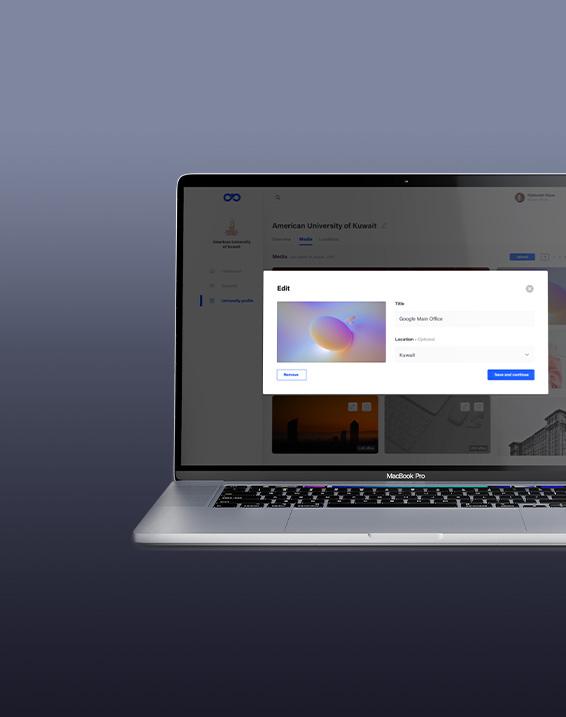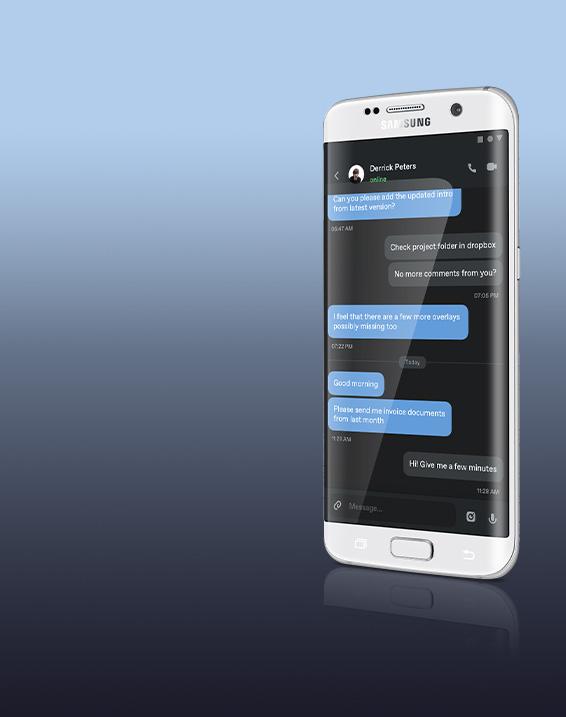WebRTC technology enables businesses to establish seamless real-time communication within browser applications without the need for downloads or plugins.
WebRTC enables businesses to provide high-quality audio and video along with data exchange through end-to-end encryption while supporting low-latency communications in video conferencing applications as well as live support, telehealth, and collaboration platforms.
WebRTC provides cross-platform capabilities that enable efficient performance across all major browsers and devices, thus decreasing development costs and accelerating market delivery.
Businesses that implement WebRTC technology enhance customer connections while optimizing operations and developing innovative digital services at reduced infrastructure expenses.



















































